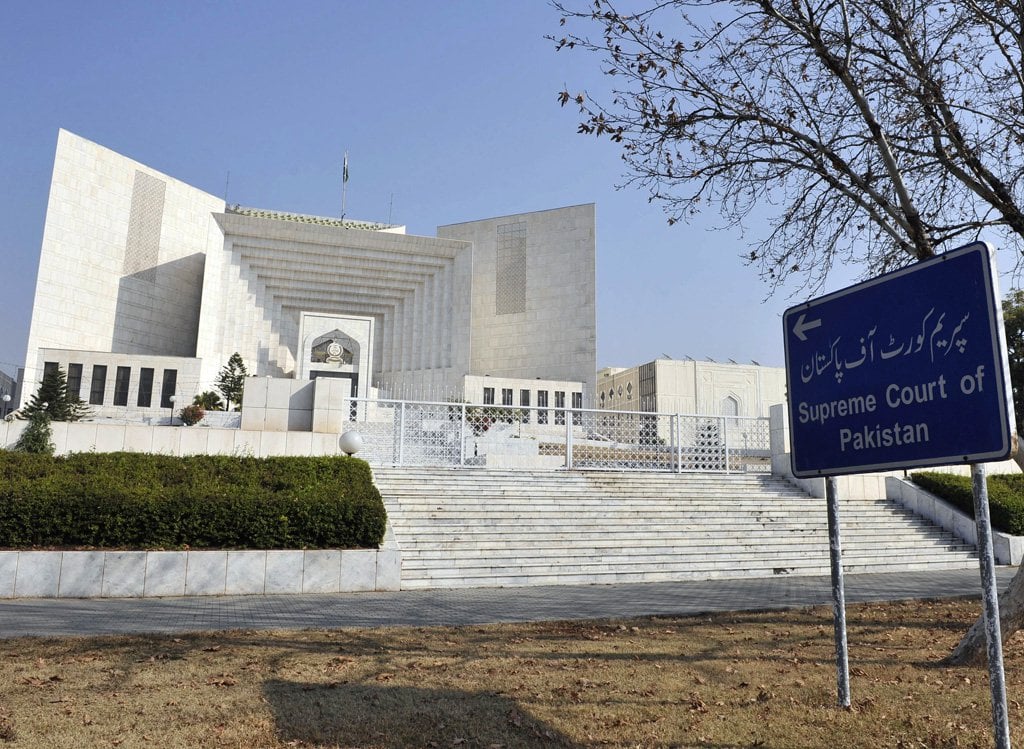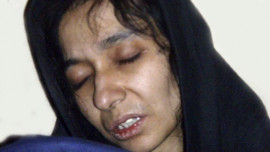
A three-member apex court bench, headed by Justice Mushir Alam and comprising Justice Faisal Arab and Justice Mansoor Ali Shah, on Monday heard the Gas Infrastructure Development Cess (GIDC) case.
During the course of proceedings, Advocate Makhdoom Ali Khan, counsel for a private company, continued arguments from SC Karachi Registry through video link and stated that the government imposed GIDC for completion of different gas projects.
Advocate Ali said that the purpose for which money was collected was not used for it, adding that the government had collected Rs295 billion and spent only Rs487 million from it.
He said the government did not spend a single penny on LNG from the cess fund. “Two private companies have set up LNG terminals,” he added.
He said that the Iran-Pakistan gas pipeline project had been stopped due to the US sanctions while Pakistan had already paid its share in the TAPI project.
Justice Shah asked could Pakistan not start its own beneficial project despite the US sanctions.
Justice Arab asked the counsel to inform the court that whether it was a tax or cess.
Supreme Court orders removal of SBCA DG
Advocate Ali said that in his view this was not a tax.
Justice Arab said don’t the industries want gas that they are opposing paying cess.
The bench adjourned the proceedings until Tuesday (today).
In August last year, President Arif Alvi promulgated the Gas Infrastructure Development Cess (Amendment) Ordinance 2019 to waive half of the outstanding liabilities — amounting to Rs208 billion — of fertiliser, textile, power generation and compressed natural gas (CNG) sectors in addition to writing off late payment surcharge for the past seven years.
Through the presidential ordinance, the federal government also reduced GIDC rates by up to 75%.
However, the government — amid harsh criticism by various circles — withdrew the GIDC ordinance within days of its promulgation.
It then approached the apex court through the attorney general for Pakistan requesting it for an early hearing of the GIDC case.
According to a PM Office statement, the ordinance was issued with a view to recover 50% of the stuck revenue by way of an out-of-court settlement after consultation with the industry.
The GIDC was levied in 2011 by the then federal government by enacting the GIDC Act 2011.
Its objective was to gather funds for different energy projects, including the Iran-Pakistan gas pipeline project, the Turkmenistan-Afghanistan-Pakistan-India (Tapi) pipeline project, the LNG import project and the LPG supply enhancement project.
The GIDC was declared unconstitutional by the Peshawar High Court (PHC) on June 13, 2013, and the judgment was also upheld by the Supreme Court on Aug 22, 2014.
Later, the Pakistan Muslim League-Nawaz (PML-N) government brought a new legislation on the issue in 2015. It was also challenged in the PHC and the SHC.
In 2016, the SHC while exercising civil suit jurisdiction declared the GIDC as ultra vires of the Constitution but in May 2017, the PHC held that GIDC was legal.
Meanwhile, the aggrieved companies approached the SC against the PHC order.
In August, 2017, a three-judge bench of apex court led by former chief justice Mian Saqib Nisar took up the matter wherein renowned lawyer Khalid Anwar appeared before the court. The SC granted leave to appeal against the PHC verdict.







1732356840-0/Copy-of-Untitled-(1)1732356840-0-270x192.webp)









COMMENTS
Comments are moderated and generally will be posted if they are on-topic and not abusive.
For more information, please see our Comments FAQ